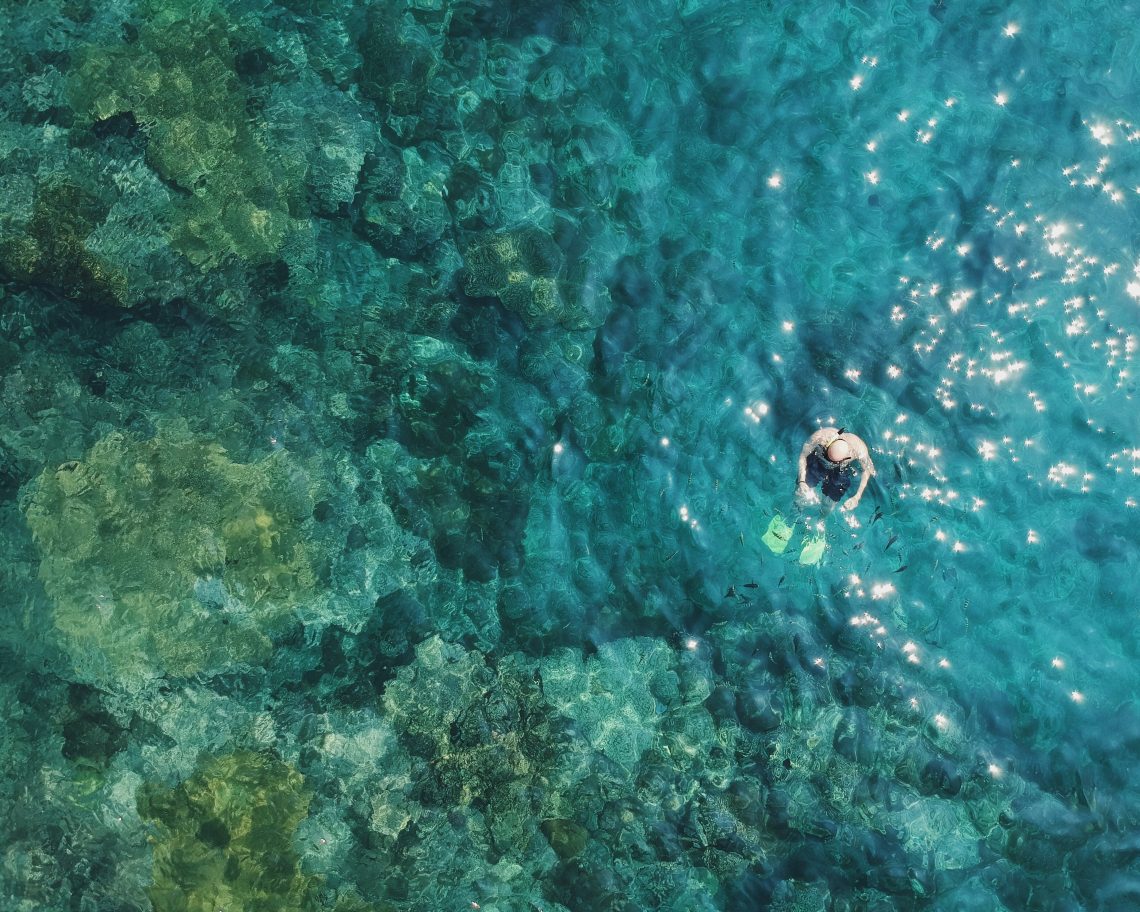What is blast fishing?
Blast fishing (ie. dynamite fishing, bomb fishing) use explosives to gather fish (The Nature Conservancy, 2021). This destructive fishing method leaves coral ecosystems decimated, with fish that are dead and barely alive (The Nature Conservancy, 2021). Even though blast fishing is illegal and many efforts have been made at the global level (FAO, UNEP, etc.) to reduce blast fishing (Hampton-Smith, Bower, & Mika, 2021), communities are still employing these methods due to social and economical factors. We need to understand these various driving factors that cause blast fishing and enact change before fish and coral populations are at the point of no return.
Impacts
Within the town of Lora (Sulawesi, Indonesia), fishers are recognizing the damage of blast fishing on their environment and income (Salman, 2022). Blast fishing kill and shock fish that are both intended and not intended to be caught and also affects corals (The Nature Conservancy, 2021). Corals reefs are habitats for marine organisms, so when corals are destroyed by dynamite, fish species population and abundance are affected (Hampton-Smith, Bower, & Mika, 2021). Moreover, areas that are continually blasted have a more difficult time in recovering (Hampton-Smith, Bower, & Mika, 2021). Coral reefs also act as a natural barrier against storms, reducing damage on coastal communities (Hampton-Smith, Bower, & Mika, 2021).
Video: Dynamite fishing in Tanzania and its impact on ecosystems (National Geographic, 2016)
Fishers in the coastal community of Lora are barely making enough money above the poverty line (Salman, 2022). Fishers have seen a decline in their catches due to past destructive fishing methods, unusual weather patterns, and trawling activity (Salman, 2022). Organizations and locals are helping the community navigate the decline in fish stock and income, since fishing is a major source of income for the community (Salman, 2022).

Solutions
Blast fishing is detrimental to the ecosystem and needs to be stopped, but simply banning it is not enough. Small-scale fishers are the most affected by this ban because although they are not allowed to dynamite fish, the trawling industry which is also very destructive, is taking over their main income and food source. Regulations should be placed on trawlers to restrict their fishing grounds and protect fishing areas for locals. Fishers in many coastal communities, like Lora, do not have credit systems which allow them to purchase boats and equipment for deep-sea fishing, which is less destructive (Hampton-Smith, Bower, & Mika, 2021; Salman, 2022). A solution would be to implement credit systems to allow fishers to switch to more sustainable fishing methods (Salman, 2022). More organizations need to work with communities to effectively manage coastal areas and provide financial help, so blast fishing does not have to be used to make a liveable income. Current enforcement on the blast fishing ban is affected by corruption, lack of resources, and fear of non-anonymous reporting methods (Hampton-Smith, Bower, & Mika, 2021). We need to create equitable fisheries that allow for small-scale fishers to continue making a livelihood, while ensuring our oceans continue to thrive.

Other Resources
Blast fishing: how abandoned ordnance is destroying coral reefs
References
Hampton-Smith, M., Bower, D. S., & Mika, S. (2021). A review of the current global status of blast fishing: Causes, implications and solutions. Biological Conservation, 262, 109307, https://doi.org/10.1016/j.biocon.2021.109307
Salman, R. (2022, January 4). In Indonesia’s Sulawesi, a community works to defuse blast-fishing crisis. Mongabay. https://news.mongabay.com/2022/01/in-indonesias-sulawesi-a-community-works-to-defuse-blast-fishing-crisis/
The Nature Conservancy. (2021). Overfishing and destructive fishing threats. Reef Resilience Network. https://reefresilience.org/stressors/local-stressors/overfishing-and-destructive-fishing-threats/


